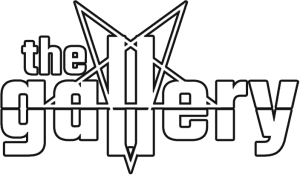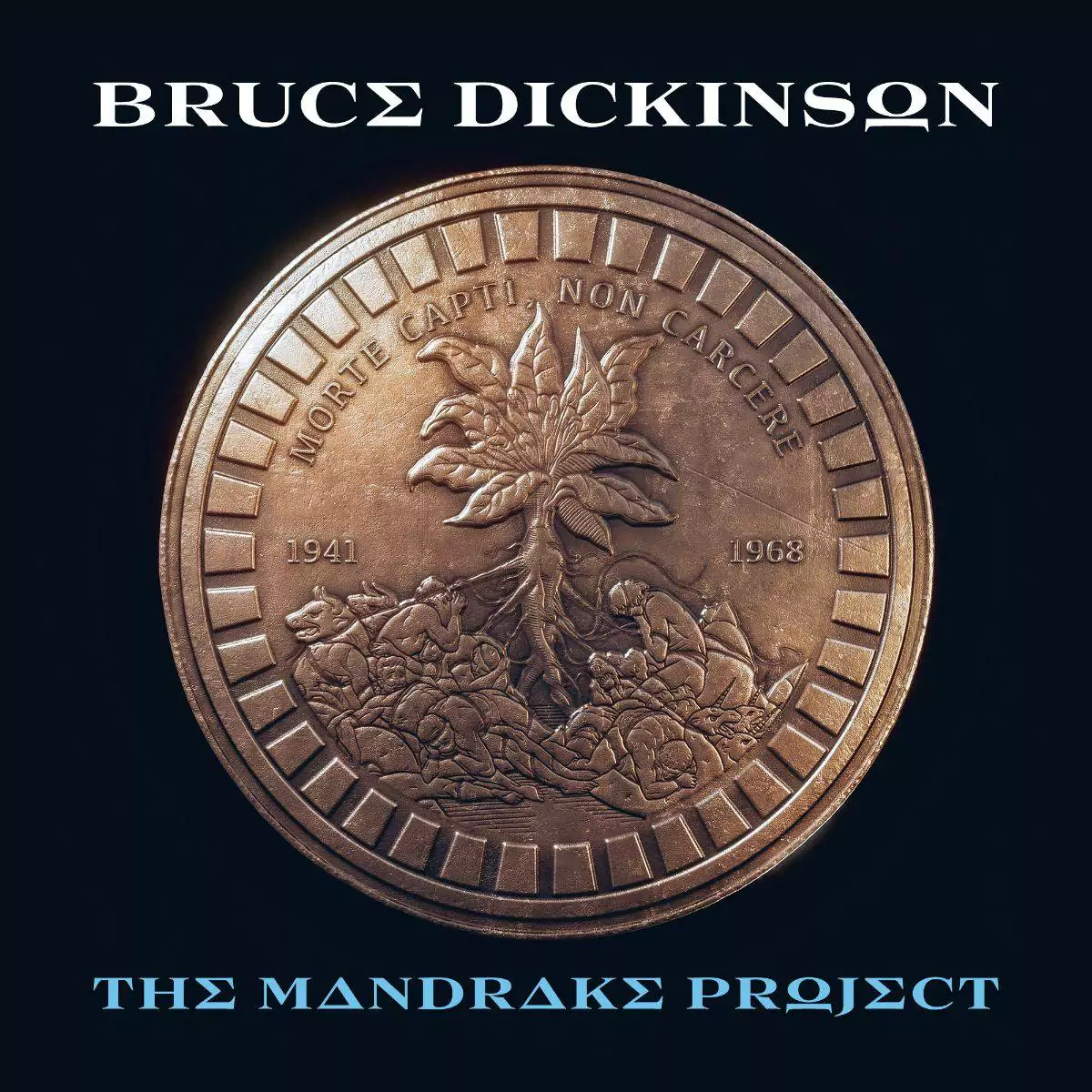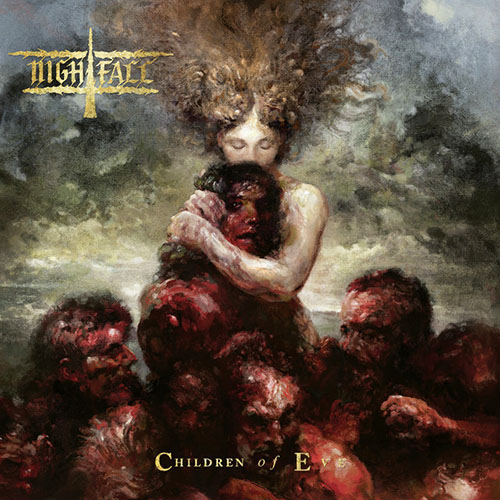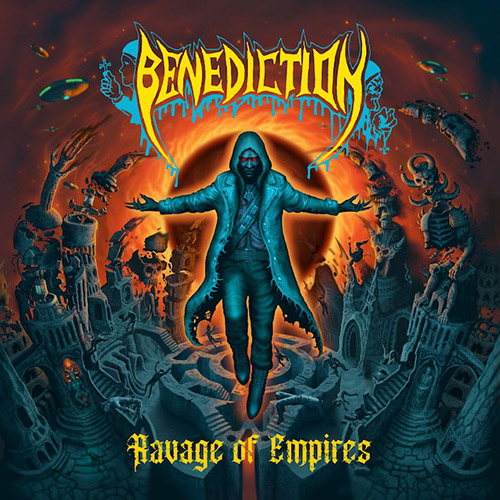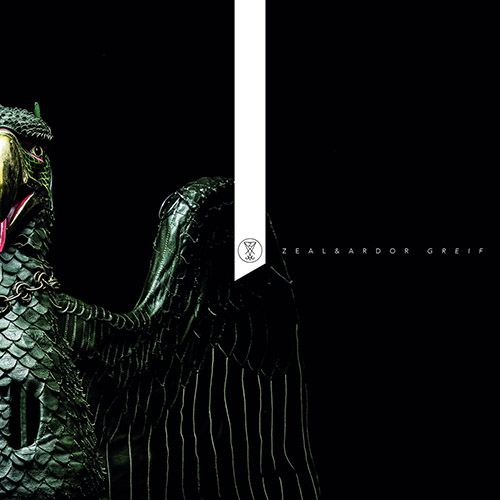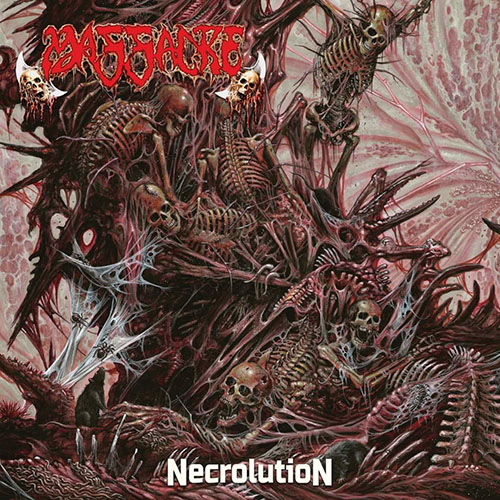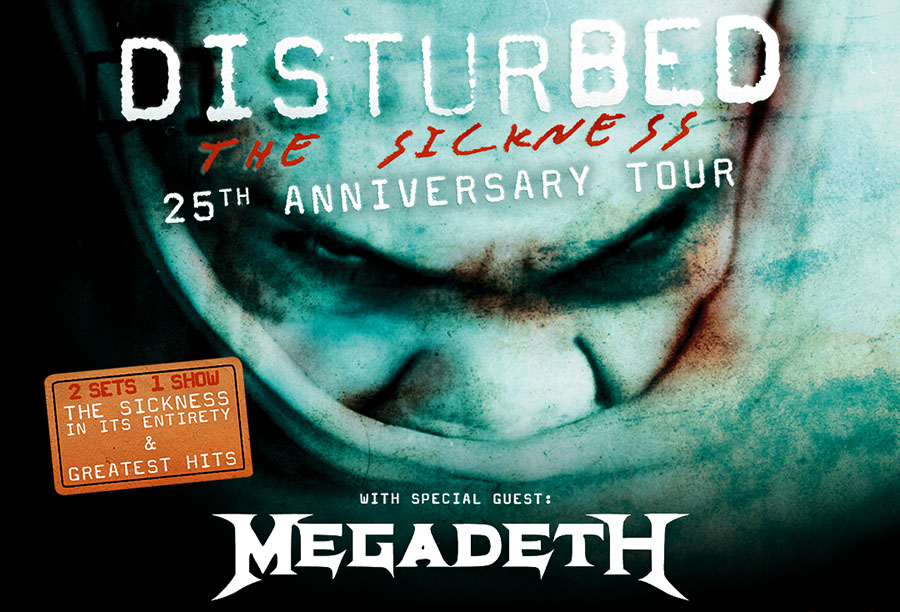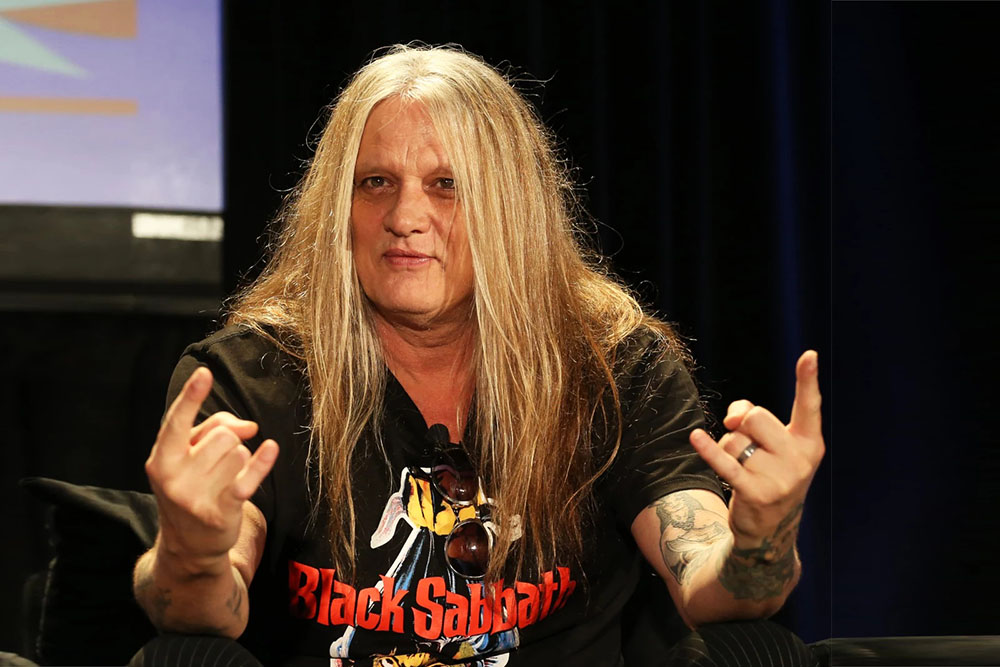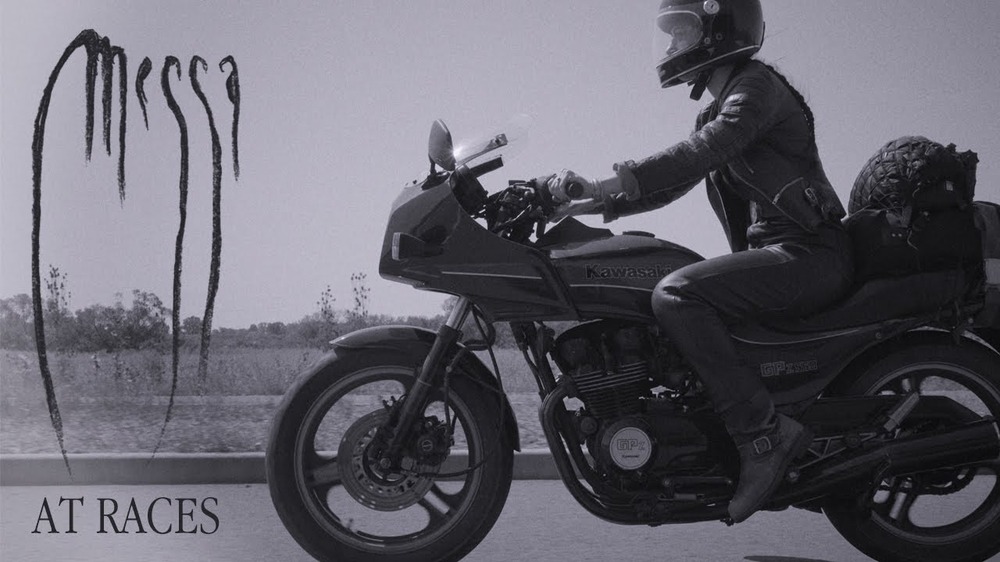Year: 2023
Total Time: 55.43
Label: BMG
When Bruce Dickinson decides to do something publicly, from giving a five-minute interview to releasing a solo album, it’s a given that the eyes of the entire metal world will be on him. Especially, when that “something” is a brand new album, the 7th of his huge career with a delay of 19 whole years from the previous one, “Tyranny Of Souls”.
His work was inherently difficult since inevitably anything he released would be weighed against both historical IRON MAIDEN albums and some of his own such as the legendary “The Chemical Wedding”. In fact, the degree of difficulty rises even more if we consider that “The Chemical Wedding” was lucky enough to be directly compared to “The X Factor” and “Virtual XI” of Blaze Bayley’s IRON MAIDEN which (fairly or unfairly – unfairly in my opinion) are considered by many to be a black hole in MAIDEN’s discography. Now it’s just Dickinson vs Dickinson and I’d say he wins the bet.
“The Mandrake Project” is an album that has been heavily worked on by Dickinson and his producer Roy Z. He treads paths he wouldn’t dare tread as the frontman of IRON MAIDEN with an enthusiasm that feels sincere. He accompanies the album with Tony Lee’s comic, wanting to tell us in the best possible way the story he has in mind. The story of Dr. Necropolis, a guy searching for his identity and participating in the Mandrake Project. This particular project aims to capture the human soul at the moment of death and transfer it to something else. Professor Lazarus who runs the project has a specific vision but Dr. Necropolis disagrees. So, one understands that we are not talking about a simple album but about a small story that Dickinson is narrating.
The album opens with the dark and epic “Afterglow Of Ragnarok” which may not be the best song of the album but is perfect to set us in the doomy and atmospheric mood of the story. The next, “Many Roads To Hell” is more conventional, gives me an 80s aesthetic and is as uplifting as it needs to be after the blackness of “Afterglow…”. Next in line is the mini movie “Rain On The Grave” which was accompanied by an excellent video clip. In this, Dickinson turns into a narrator and almost recites the lyrics of the verses in a pompous, emphatic and highly theatrical manner accompanied by characteristic, old school guitars.
“Resurrection Men” is perhaps one of the least Maiden-ish songs, with hard rock elements and a strong western aesthetic. A perfect example of how Dickinson let his imagination go wild perhaps freed from any MAIDEN’s restrictions. From the Wild West, Dickinson transfer us in seconds to the East with “Fingers In The Wood”. Its operatic intro dominated by the presence of a piano is accompanied by an oriental aura that makes it stand out to my ears. After all, I have a sweet tooth for metal -oriental rhymes fusion. The most Maiden moment comes with “Eternity Has Failed”, the little brother of “If Eternity Should Fail” from “The Book Of Souls” album which we love a little more than it deserves because it implicitly reminds us that our country has one of top guitarists, Gus G. generously offering his talent with a solo on this particular song. On “Mistress Of Mercy” Dickinson confirms that his battle against cancer just a few years ago hasn’t affected him vocally and gives a performance recital.
Near the end of the album, we come across the first indifferent song, the ballad “Face In The Mirror” with the most melodic yet simple musical line and the almost tiring chorus. The penultimate song, “Shadow Of Gods” on the contrary, while it starts as a ballad, at some point picks up the pace and gets really intense making us wonder what it would have sounded like if it had fulfilled its original destination which was to be performed by THE THREE TEMORS (Dio , Dickinson, Halford). Undoubtedly…epic! The album closes with the 10-minute “Sonata (Immortal Beloved)” which probably serves both musical and narrative purposes since once again, Dickinson’s performance is all theatrical. Its long duration is a disadvantage and probably “Shadow of The God” would have offered a more ideal closing.
To sum up, the answer to the question of whether it was worth the wait is…YES! We just have to evaluate “The Mandrake Project” for what it is, i.e. an artistic project. Comparisons are necessary and unavoidable especially by those who follow closely Dickinson’s career (solo and otherwise) but exaggeration is not necessary as it ultimately takes away from the enjoyment one can get from listening to the album, or rather any, good album by any, great artist who after all has nothing to prove. Of course, time is the best judge so let’s hope we are here 20 years from now to see the impact that “The Mandrake Project” will have on the big picture in the end.
Rating: 8/10
Editor: Kostas Boudoukos
Related Link: Bruce Dickinson – Official Page
